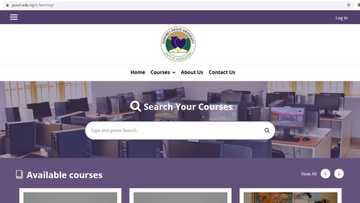What is micro teaching?
Teachers are one of the most important people in our lives. They show us the right way, open the doors to the future and give the essential knowledge. However, even teachers need to be taught. Sometimes, they need to take a step back, look at their teaching style and learn from their own mistakes. That is when micro teaching comes in. Learn about the relevance of micro teaching to teacher education in this article.
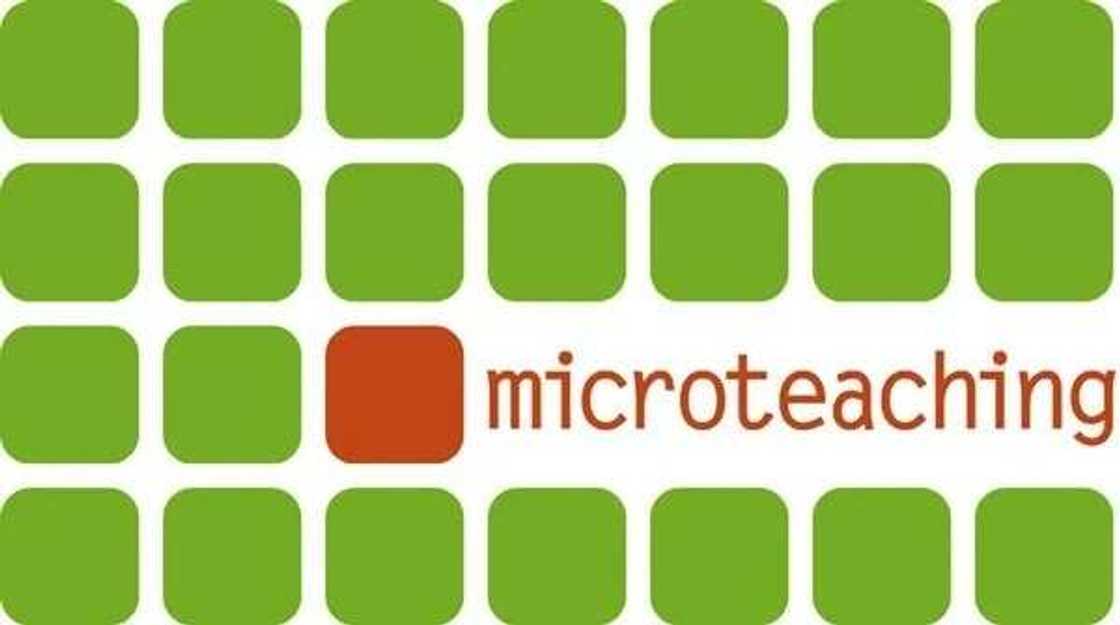
What is micro teaching

What is micro teaching exactly? It is one of the teaching methods that is meant to help teachers improve. Micro teaching is when a teacher reviews the recording of their own lesson and gets feedback from their colleagues and the students that participated in the lesson.
During the 1960s, Dwight W. Allen introduced the concept of micro teaching to the world. According to him, a teacher is supposed to teach a short version of their regular lesson to a group of random students. The lesson is recorded on video and later reviewed by other teachers and students who attended the lesson. Everyone present gives their comments, and the teacher is able to learn from this experience.
To this day, it is considered to be one of the most effective modern teaching strategies for teacher development. Do you want to know more about it? Then continue reading!
Concept of micro teaching
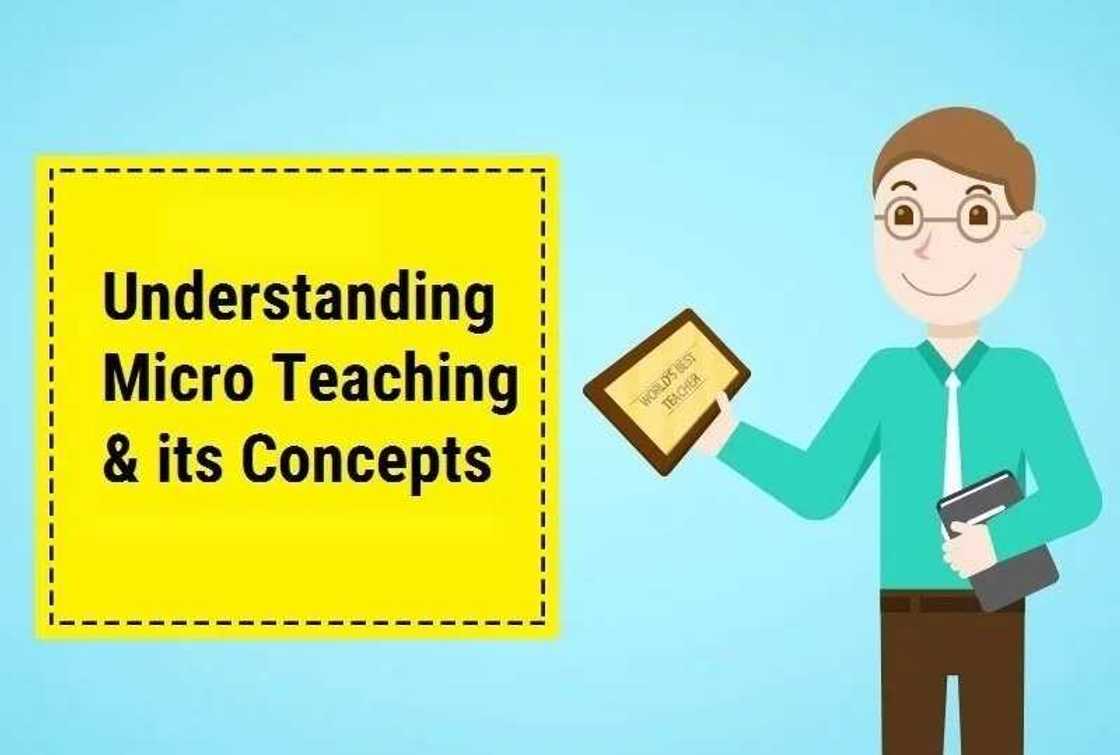
READ ALSO: Types of education and their characteristics
The concept of micro teaching is not all that complicated. However, we can name at least seven core principles of teacher development that exist within micro teaching.
Check them out:
➊ One skill at a time. In micro teaching, skills are viewed one at a time. All the efforts are focused on honing one particular skill.
➋ Smaller scale. Micro teaching requires teachers to make a shorter version of their regular lesson. While it might seem limiting, it makes the reviewing process much faster.
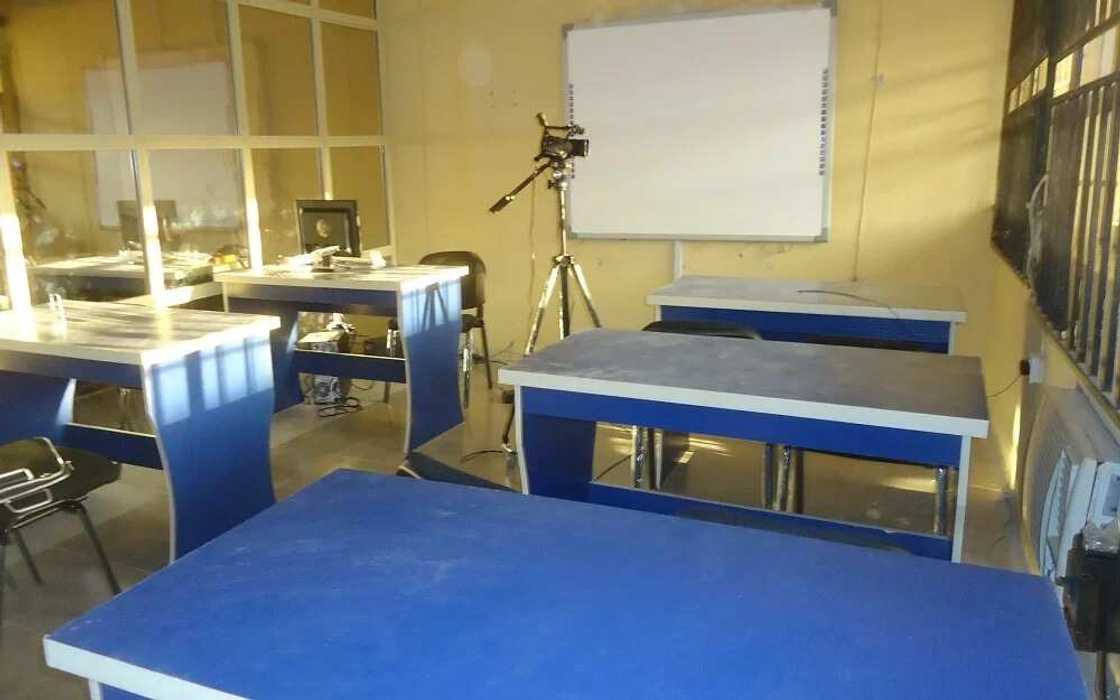
➌ Practice makes perfect. A lot of micro teaching exercises often require trainee teachers to repeat their ‘sample’ lesson several times. This way, they are able to apply the suggestions given to them during the review process and see if they work.
➍ Experiments. While repeating their sample lessons, teachers can experiment with the length or the content of the lesson to see how it might affect the outcome.
➎ Instant feedback. As soon as the test lesson is over, trainee teachers get suggestions and remarks from the students and colleagues. As the experience is still fresh, the comments do not feel dry or outdated. This way, they can be implemented immediately.
➏ An opportunity of self-evaluation. Through other people’s comments, teachers are able to look at their teaching styles from a different perspective. It is a great opportunity for self-growth.
➐ Continuous efforts. Usually, one micro teaching session is just the beginning. If teachers want to improve further, they will continue to use this tool for self-improvement.
Advantages of micro teaching
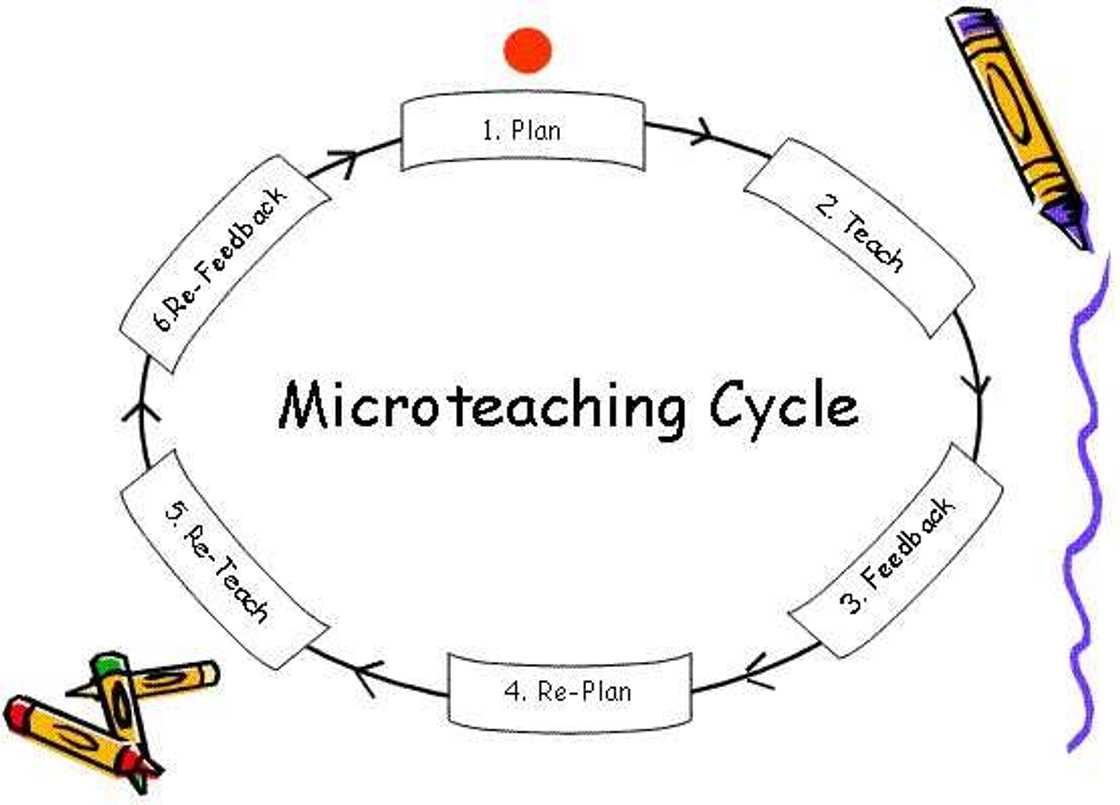
Micro teaching has a ton of advantages. It might not be obvious, but even the students and the teachers who are just there to observe and give feedback can benefit from the experience of micro teaching.
Look:
➢ It helps teachers realise their faults by letting them see themselves from a different perspective.
➢ The teachers are not only able to improve their existing skills, but also to acquire new ones.
➢ The compact format of micro teaching does not take much time away from the school day, but it still gives great results.

➢ Feedback from the other teachers allows to create a better, more sincere and trusting working environment.
➢ This teaching method is personalised; every micro teaching session is tailored for each separate teacher.
➢ Micro teaching allows the teachers who are involved in the reviewing process to learn other people’s teaching methods and compare them with their own.
➢ Even though the lessons that teachers prepare for micro teaching are short, students that participate in this mock lesson are still able to learn something new in a shorter time than usual.
The list of advantages goes on and on. Try it yourself to see how it might benefit you!
Importance of microteaching
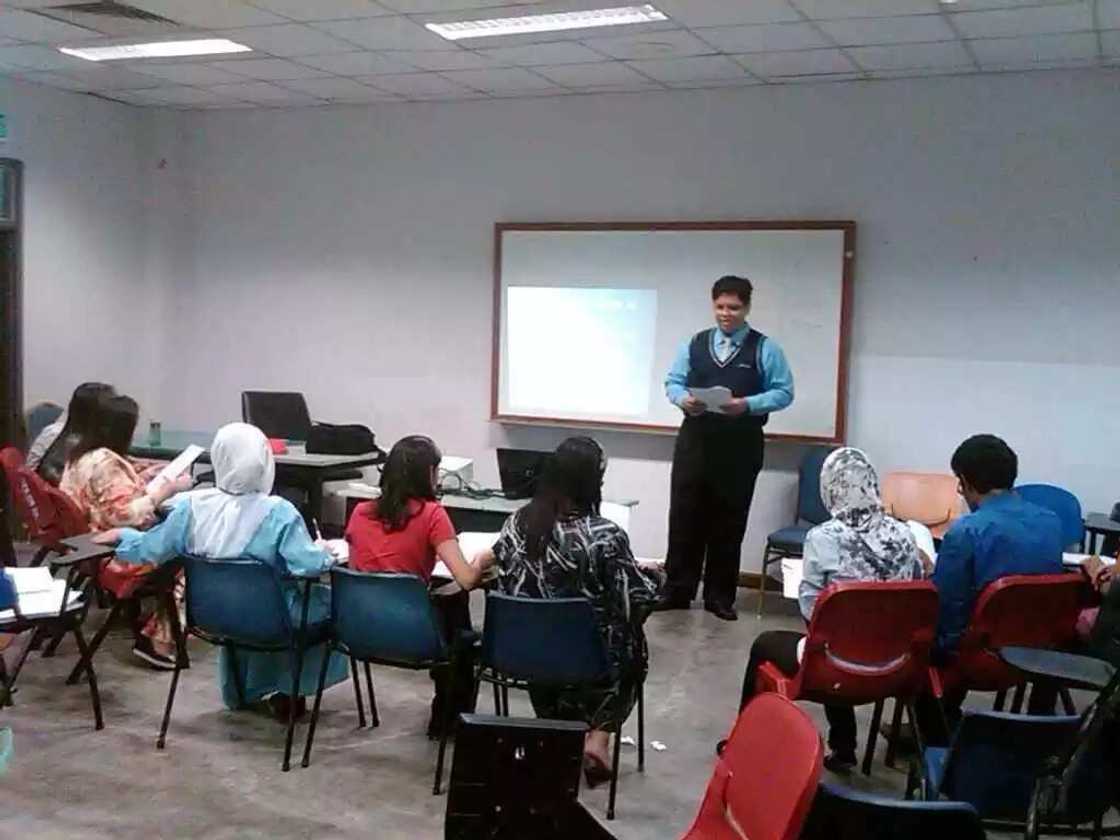
There are many other ways for teachers to improve their teaching skills. Then why is micro teaching so important? Well, there are a few reasons.
Other methods of improving teachers’ skills are often too impersonal. Further training for teachers usually covers common faults and shortcomings that teachers might have. In micro teaching, on the other hand, each teacher can focus on their own issues through self-analysis and external evaluation.
Micro teaching allows the better understanding of how classes work in general: how students respond to different material or various teaching methods. It is beneficial not only to the teacher who is being evaluated, but also to the teaching community as a whole.
This method is important for beginner teachers who have little to no experience of working with students. Learning theory in the university is one thing, but facing a classroom full of expectant young faces is completely another.

But wait, there is more:
Older and more experienced teachers can also benefit from micro teaching. Sometimes, their teaching methods might become obsolete, but they will not be able to see it for themselves. Which is why micro teaching is important, as they can get feedback from students and younger colleagues.
Last, but not least, micro teaching is important, as it is a unique tool of improving teaching skills. When else would a teacher be able to look at themselves in a different light and also get immediate feedback from students and other teachers, all at the same time?
All in all, micro teaching is one of the greatest ways of improving teacher skills for beginner teachers and experienced educators alike. It is unique, convenient and effective. Therefore, if you are looking for a method that might help you become a better teacher, definitely give micro teaching a try!
READ ALSO: Importance of Internet in our life
Source: Legit.ng


